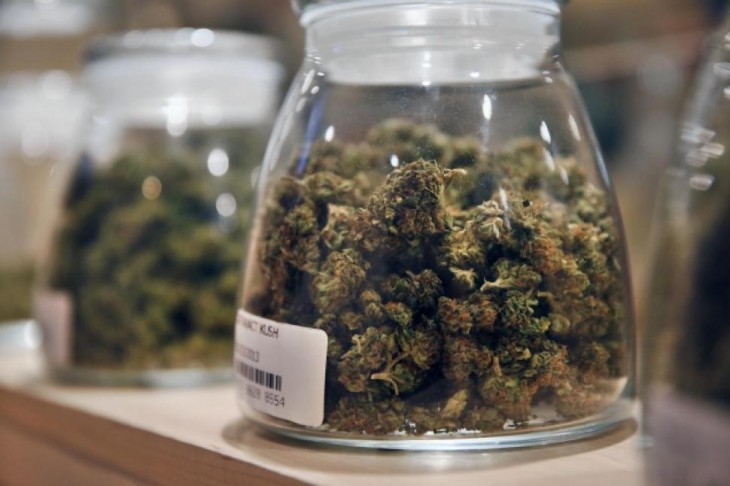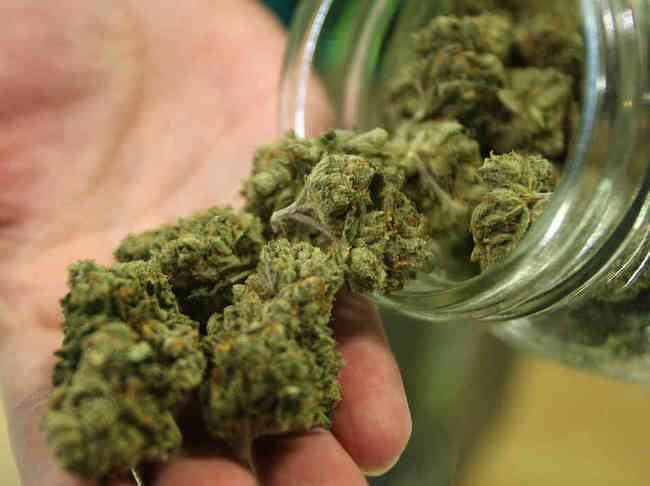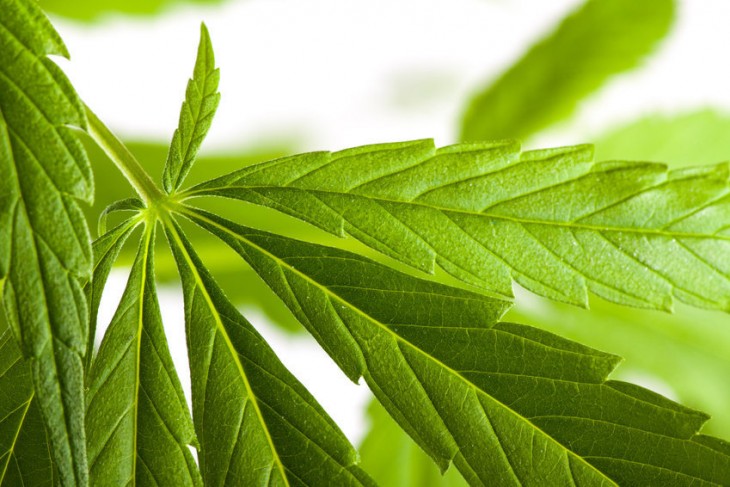The body and mind impact of smoking cannabis and reclassification
While we instinctively feel what happens when we smoke cannabis, researchers have been researching the real effects. We should be taking their word for it. In the UK, the Class B drug is illegal all right as yet, just like the Schedule 1 status in Federal America. The tetrahydrocannabinol (THC) from cannabis influences the body and the brain too. The cannabinoids could belong to 60 varieties! Lasting far longer than other drugs, the marijuana effect may be found in the urine and blood 90 days later.
The bodily impact
The heart rate increases within a short while after that first smoke and may remain for hours. Blood vessels dilate and that is why the eyes turn red. Hallucinations also result from cannabis since the brain is affected. Hungering for snacks is certain after the cannabis smoke. Yet cannabis has incredible pain relieving properties, de-stressful, and an exceptionally potent sleeping pill.
The brain response
Very frequent cannabis users have less gray matter in the orbito-frontal cortex that controls the addiction factor. Yet authorities claim that cannabis leads to more connectivity within the brain. Cannabis use probably helps Alzheimer’s and does not reduce IQ.
Reclassification of the green gold?
American drug officials are considering removing cannabis from the Schedule 1 list that indicates it has no medical applications and is illegal to prescribe. Cannabis reached the Schedule 1 list in 1970. LSD and heroin also belong to such a category. Oxycodone and morphine are some drugs that belong to Schedule 2. Such a restriction has impeded the use and research associated with cannabis though as many as 24 American states have made it legal medically or both medically and recreationally. Hopefully, re-classification may happen soon at the Federal level, perhaps in the summer, while a vast business empire waits to unfold, sometimes compared to the historical gold rush and the online boom.
The unchallenged painkiller status of cannabis is said to be safer that opiate painkillers that are routinely prescribed. Opiates may be addictive and dangerous. Yet not all authorities are in favor with some doctors hesitating to prescribe cannabis because they are not certain about the impact, believing that it could lead to psychotic problems since the effects are not fully verified. Addiction is feared and the risk of developing cravings for other drugs. Yet the tug of war seems to be slowly favoring cannabis, especially because of medical reasons. Meanwhile, one source predicts that the legal cannabis business would reach $23 billion within four years. No laughing matter, certainly.









